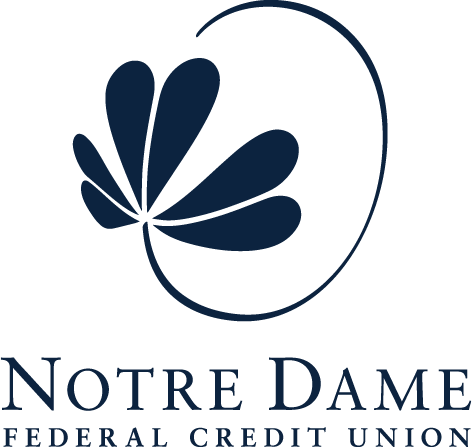Do You Understand Your Health Savings Account?
Posted on Oct 22, 2018
Medical expenses add up quickly—braces, glasses, contacts, co-pays, doctor visits and prescriptions. Then you must consider the healthcare expenses that are unexpected—broken bones, illness, ER visits, and ambulance rides. All of this can add up to be quite overwhelming, putting a financial strain on your budget.
Approximately 19% of Americans are enrolled in a High Deductible Health Plan (HDHP) with a corresponding Health Savings Account (HSA) while there are almost 24.5% of HDHP holders that are NOT utilizing an HSA*. The statistics speak for themselves—there are far too many people with High Deductible Health Plans that do not utilize a Health Savings Account. One reason for utilization being so low, may be that consumers do not understand how the accounts work.
Education on these accounts has been limited, either because financial institutions do not offer them, or those that do are not typically taking the time to educate their customers. This leaves an unsettling amount of responsibility on the average consumer to research the accounts themselves. Having a Health Savings Account can be an essential piece of your savings plan and financial health that you may be missing out on if you have not asked the questions and fully grasp the concept. Health Savings Accounts, when used properly can serve to be one of the greatest tools for both healthcare and retirement that an individual can take advantage of.
So…What is a Health Savings Account?
An HSA is a tool to help save and pay for medical expenses up to your deductible amount. To contribute to a Health Savings Account, you must be enrolled in a High Deductible Health Plan; which typically has a lower premium and higher deductible than a traditional co-pay plan. You generally cannot be covered by another insurance plan, be enrolled in Medicare, or be claimed as a dependent on someone else’s tax return.
With an HSA, you receive a debit card for the account to pay for eligible medical expenses as they arise. The Health Savings Account is not a “use it or lose it” type of account, so any balance you have in it will continue to grow, year after year. The account is owned by you, so whether you change jobs or health insurance, the Health Savings Account, and the money in it, remains yours.
Triple Tax Advantage
TRIPLE tax advantage. What does a triple tax advantage mean?
First, it means that you can contribute up to an annual limit (set forth by the IRS) to an HSA, pre-taxed. If you contribute after-tax dollars to the account, you may be eligible to claim them as a deduction on your tax return.
Second, you are not required to pay tax on the interest income earned on your HSA. Since there is no use it or lose it with an HSA, like other plans such as the Flexible Spending Account, your money grows year after year, tax-free!
Lastly, if said money is distributed from the HSA for qualified medical expenses, you are not required to pay tax on the money coming out of the account. There you have it TRIPLE tax advantage!†
Plan for the Future!
For younger or healthier individuals who have limited medical expenses…think retirement with this account! You can contribute annually to set aside money for medical expenses in your future and in retirement. The account works like a traditional IRA – after age 65† if funds in the account are used for non-medical expenses, there is no penalty, but the funds would be taxed. Time.com reported(link is external) that a couple in retirement on average spends $280,000 on medical expenses. Can you imagine how much more manageable that hurdle would be if you started planning at 25?

Why a Notre Dame FCU HSA? Most banks and credit unions will charge monthly or annual maintenance fees for holding the account and typically pay similar dividends as an average savings account.
The HSA Checking account at Notre Dame FCU has zero maintenance fees and pays 1.25% APY‡ on all balances over $400.
To learn more, please contact a Notre Dame FCU representative or Kim Pedler at 574.400.4937 | [email protected].
By Kim Pedler, Business Development Representative, Notre Dame FCU
*Cohen RA, Zammitti EP. High-deductible health plan enrollment among adults aged 18–64 with employment-based insurance coverage. NCHS Data Brief, no 317. Hyattsville, MD: National Center for Health Statistics. 2018. https://www.cdc.gov/nchs/products/databriefs/db317.htm(link is external)
†Internal Revenue Service. Publication 969, Health Savings Accounts and other Tax-Favored Health Plans (for use in preparing 2017 Returns), Health Savings Accounts.
‡APY is Annual Percentage Yield. Rate subject to change without notice.

